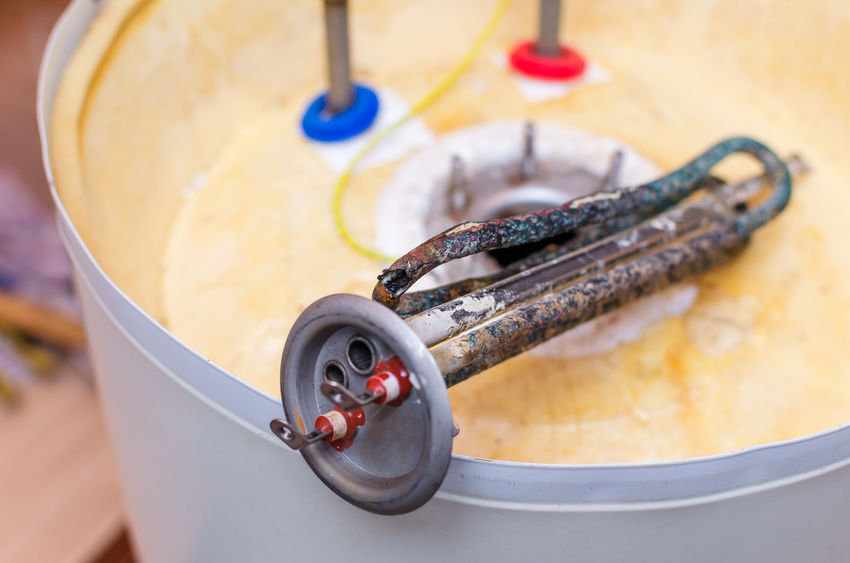
Here are the top 3 signs your boiler may need replacing:
1. The Length of Time Your Boiler has been Active
It is important to know the number of years you have been using your boiler. This helps determine its efficiency, and allows you to evaluate whether it can hold up for more time. If you have been consistent in performing maintenance and repairs, then your boiler can go beyond 15 years. However, doing more repairs is not only a waste of money but also of money. There have been several advancements in technology over the recent years and you are sure to get a new boiler that runs more efficiently compared to the old one.
Although some boilers can last for a longer duration with a decent annual maintenance, they become less efficient over time and you may consider replacing them with the new cast iron boilers. Practically, the energy savings you get by replacing your boiler with a new one pays back the cost in a year or two. It is a wise idea making a replacement on a boiler that has been running for more than 15 years rather than spending a lot of money on repairs that keep piling up every day.
2. Rising Energy Expenditures
A boiler that needs constant servicing means that you will be spending more on your energy bills because the system has become less efficient. The energy efficiency rating for boilers ranges from A to G and you might consider getting a replacement if the energy efficiency rating for your boiler goes below A. A new boiler can help you save energy costs in the long run because they come with an advanced technology that makes it more durable and reliable.
If you have a noisy unit or you are experiencing increased frequency of failures, then you need to act immediately to save yourself the costs needed to keep the boiler running. A boiler that is operating efficiently usually takes a few seconds to heat up. If you are experiencing increased costs of energy, then it is most likely that your boiler is taking a long time than usual to heat up. If your boiler takes a long time to heat up, then you will need to replace it with a new one.
3. A Leaking Boiler
Another sign that the usefulness of your boiler is ending is when you start experiencing leaks that necessitate constant repair. It is one of the major indicators that you may have a broken valve or seal. It is also costly to repair flooding that arises from boiler leakage and the only choice you will be left with is to make a replacement. At some point, you should consider the safety of your surrounding rather than the cost of the new boiler.
There are situations where your boiler may fail to show signs that may compromise its safety. It is usually recommended to do a cost analysis that will help you make a comparison between the cost of purchasing a new boiler and the cost of repairing an existing boiler over the next few years. A leaking boiler is most likely to compromise your safety especially if there are no available spare parts for making repairs. If sourcing parts for your boiler become a nightmare for your engineer, then the extra effort and time will influence the cost of maintenance on your boiler.
If you are experiencing any of these signs on your current boiler, then you should consider making a replacement to avoid a catastrophe. An old boiler that has undergone frequent repairs but still cannot keep up its task should be replaced with a new one that provides a higher level of efficiency. Not only does a new boiler saves you the extra costs of repairs but also provides a secure and safe environment.
